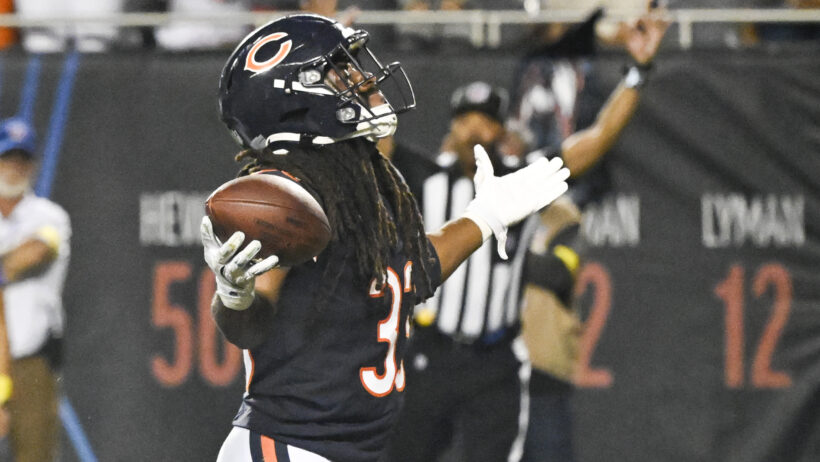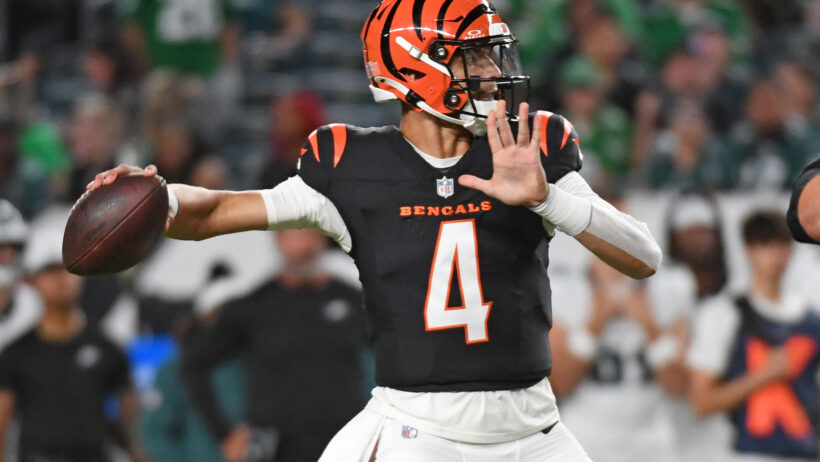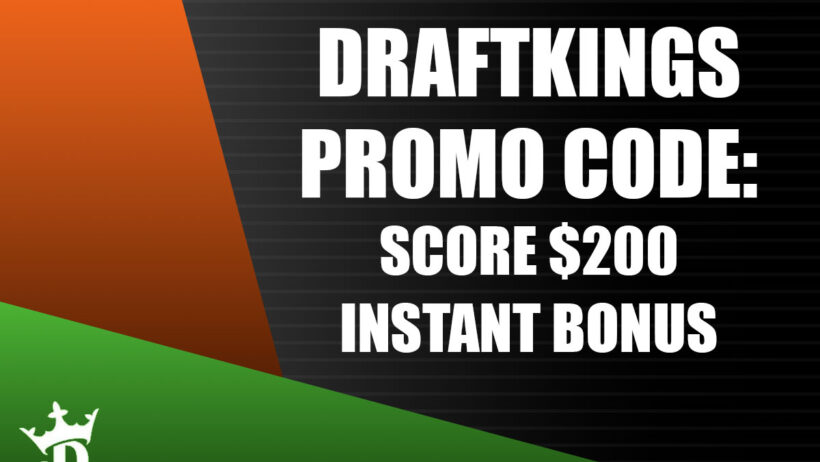Nevada Says State Gaming Laws Do Not Conflict with CEA, as Kalshi Claims
By Robert Linnehan in Sports Betting News
Published:

- Nevada Gaming Control Board counsel claims state gaming laws do not conflict with Commodity Exchange Act
- Nevada counsel also claims Congress did not intend for the act to preempt state laws
- Kalshi filed a lawsuit against the Nevada Gaming Control Board in late March over a cease-and-desist notice
Counsel for the Nevada Gaming Control Board submitted a number of defenses in response to Kalshi’s lawsuit over a cease-and-desist notices sent to the company regarding their sports event prediction markets.
While Kalshi has long claimed their sports prediction markets can only be regulated by the Commodity Futures Trading Commission (CFTC), Nevada counsel argued that Congress never intended for the Commodity Exchange Act (CEA) to preempt state gaming laws.
The Nevada Gaming Control Board levied a cease-and-desist notice against Kalshi in early March, ordering the company to stop offering its sports event contract markets by March 14.
State Laws Should Apply to Prediction Markets
Kalshi has filed lawsuits against New Jersey, Nevada, and Ohio gaming regulators after receiving cease-and-desist notices for its sports event contracts.
Kalshi CEO Tarek Mansour and company officials maintain that prediction markets can only be regulated by the CFTC and states have no say in their offerings. Mansour and Kalshi officials have noted their sports event contracts differentiate from traditional sports betting as they are not played “against the house,” but traded between different users who purchase contracts on either side of an outcome.
Mansour and Kalshi counsel believe the Commodity Exchange Act trumps all when it comes to event contract regulation, including individual state regulations.
In a submission today to the U.S. District Court of Nevada, Nevada counsel argues that Congress never intended for the CEA to preempt state gaming laws. Additionally, counsel noted that Nevada state gaming laws do not conflict with the CEA and can regulate sports event prediction markets.
The document submitted to the court today does not unveil any new defenses from the Nevada counsel. It instead reacts to a Kalshi complaint against the state.
States Banning Together Against Kalshi
A coalition of 34 states, led by Nevada Attorney General Aaron Ford and Ohio Attorney General Dave Yost, filed an amici brief in the United States Court of Appeals for the Third Circuit, backing the Garden State in its own legal battle against Kalshi.
According to Ford and Yost in the brief, the courts should “not upset” the traditional balance of states regulating gambling and sports betting absent a clear directive from Congress to do so.
“And one expects Congress to speak clearly when effecting a major change to the existing order. Adding all this up, the following rule emerges: absent a ‘clear statement,’ courts should not assume that Congress intends ‘a significant change in the sensitive relation between’ the federal and state governments in an area of ‘traditional state authority.’,” counsel wrote in the brief.
These 34 states have joined the amicus:
- Alabama
- Arizona
- Arkansas
- Colorado
- Connecticut
- Delaware
- Hawaii
- Idaho
- Illinois
- Indiana
- Iowa
- Louisiana
- Maine
- Maryland
- Massachusetts
- Michigan
- Minnesota
- Mississippi
- Montana
- Nevada
- New York
- North Carolina
- North Dakota
- Ohio
- Oregon
- Pennsylvania
- Rhode Island
- South Carolina
- South Dakota
- Tennessee
- Utah
- Vermont
- Washington
- Wisconsin
- District of Columbia
- Northern Mariana Islands
The brief is in direct support of New Jersey and its appeal of a decision to grant Kalshi a temporary injunction to continue to operate during the entirety of the lawsuit.

Regulatory Writer and Editor
Rob covers all regulatory developments in online gambling. He specializes in US sports betting news along with casino regulation news as one of the most trusted sources in the country.



